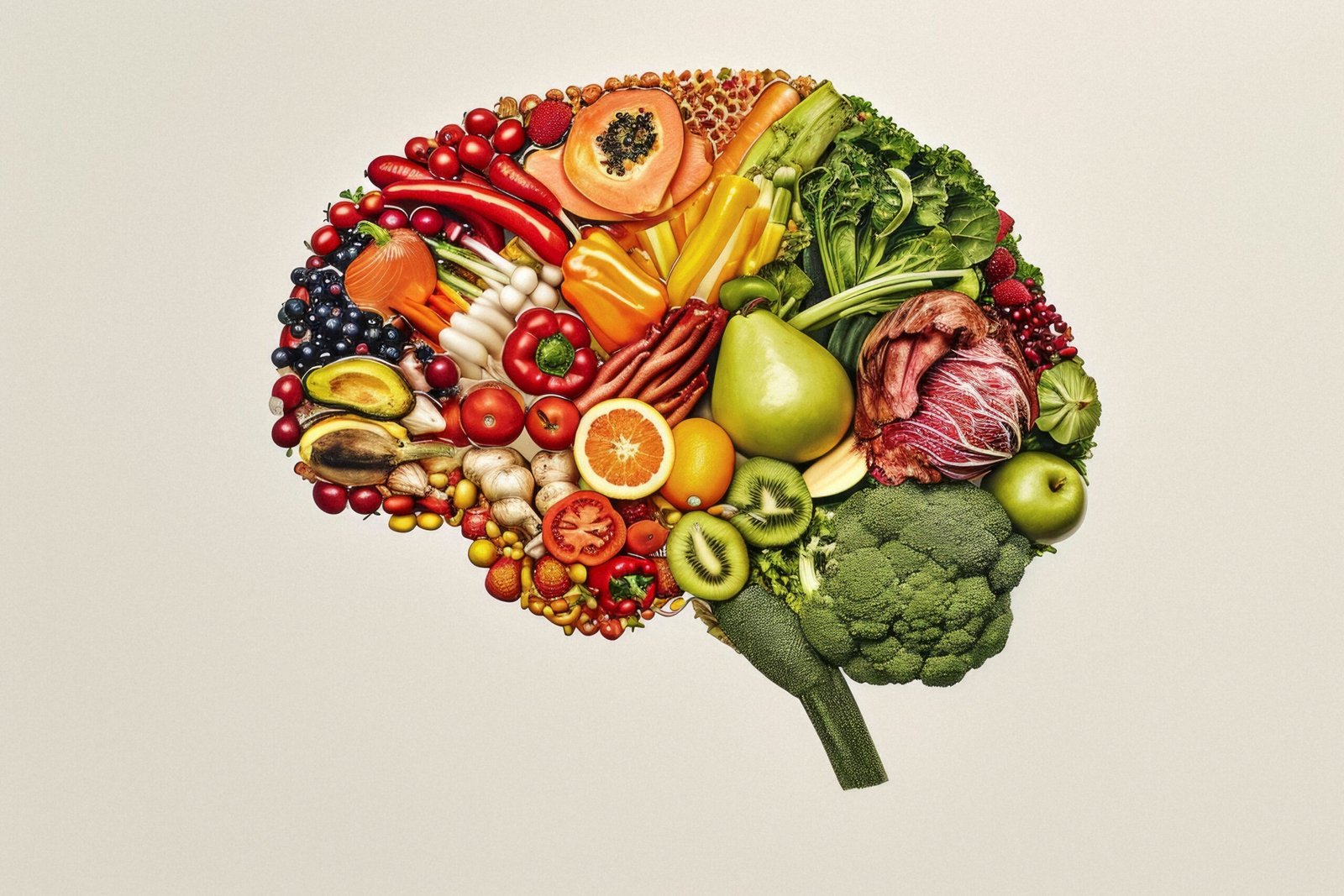Eat More Veggies: What to Eat for Better Sleep
Have you ever found yourself tossing and turning at night, unable to drift off into a peaceful slumber? While the science on diet’s impact on sleep is still emerging, a few key nutrients and hormones have risen to the top as potential sleep aids. Beyond feeling more alert, getting enough rest is associated with numerous health benefits, including a robust immune system, healthy skin, and a strong heart. Researchers have identified five substances in foods that show promise for improved sleep.
1. Melatonin: Nature’s Sleep Hormone
Melatonin, a hormone produced by the brain’s pineal gland, plays a crucial role in regulating your circadian clock—an internal timekeeper that signals when it’s time to sleep and wake up. While melatonin is available in supplement form, it is also found in various foods and produced naturally by the body from the amino acid tryptophan. Sources of tryptophan include turkey, tomatoes, oats, and milk. Interestingly, plant sources tend to have higher concentrations of melatonin than animal ones. People who consume a diet rich in fruits and vegetables, such as the Mediterranean diet, often have higher melatonin levels and better sleep quality. Though healthy adults usually produce enough melatonin on their own, dietary sources can provide an extra boost, especially for shift workers and those with jet lag. While studies on melatonin’s effectiveness for insomnia are mixed, it has been shown to help improve sleep in individuals with disruptive sleep patterns.
2. Omega-3 Fatty Acids: Fat for Better Sleep
Omega-3 fatty acids, found in fatty fish like salmon, walnuts, avocados, and flaxseeds, are linked to improved sleep quality and duration. Since the body cannot produce omega-3s on its own, dietary intake is essential. While some studies utilise higher doses of omega-3 supplements, research indicates that individuals with higher dietary omega-3 intake have healthier sleep patterns. Incorporating omega-3-rich foods into your diet can thus support better sleep and overall health.
3. Vitamin D: The Sunshine Vitamin
Vitamin D plays a pivotal role in maintaining the body’s sleep-wake cycles. Despite its importance, around 40 percent of American adults are deficient in this nutrient. Low vitamin D levels are associated with poor sleep quality, fewer hours of rest, and increased daytime drowsiness. A meta-analysis of studies involving over 9,300 participants found that low blood serum levels of vitamin D correlated with sleep disturbances. Moreover, lack of vitamin D may increase the risk of sleep apnea. While some foods like fatty fish, fortified cereals, and dairy products provide vitamin D, the majority of this nutrient is synthesised through skin exposure to sunlight. Experts recommend spending 15 minutes outside daily without sunglasses to boost vitamin D levels naturally.
4. Magnesium: The Relaxation Mineral
Nearly half of Americans do not get enough magnesium, a mineral crucial for sleep and relaxation. Magnesium deficiency is linked to mood disorders such as depression and anxiety, which can disrupt sleep. As an anxiolytic, magnesium helps you relax and supports the natural sleep process. In a study of older adults, those who took 500mg of magnesium daily for eight weeks fell asleep faster, slept longer, and experienced fewer early morning awakenings. Magnesium-rich foods include dark leafy greens, seeds, beans, fish, whole grains, nuts, dark chocolate, yoghurt, avocados, and bananas.
5. Iron: Essential for Restful Sleep
Iron deficiency, particularly prevalent among females, can lead to anaemia and associated sleep disturbances. Iron is involved in brain processes related to sleep physiology. Studies have shown that individuals with iron-deficiency anaemia experience more night awakenings and shorter sleep duration. However, those who improve their iron intake to normal levels often sleep better and longer. Key sources of iron include red meat, poultry, seafood, beans, dark leafy greens, and iron-fortified cereals.
Conclusion: Boost Your Sleep with a Nutritious Diet
Incorporating foods rich in melatonin, omega-3 fatty acids, vitamin D, magnesium, and iron into your diet can enhance your sleep quality and overall health. By focusing on nutrient-dense, whole foods, you can naturally support better sleep patterns. For more health tips and exclusive content, subscribe to our newsletter today and start your journey towards a healthier, more restful life.
These key vitamins and minerals are found in our FiiHii ‘frinks’. Try them out and see if you sleep better!





